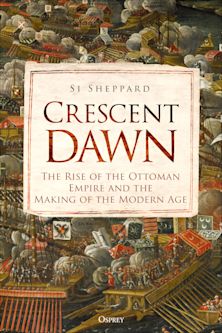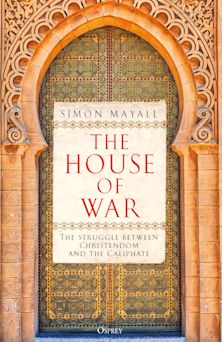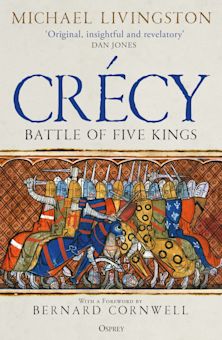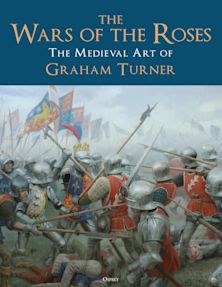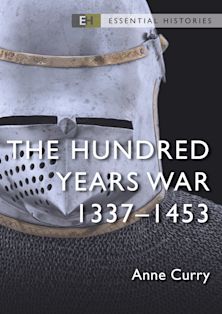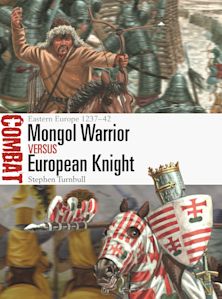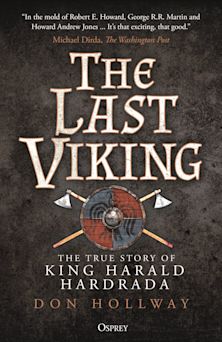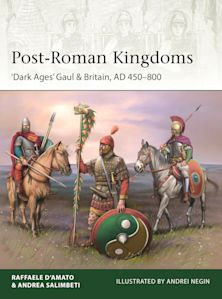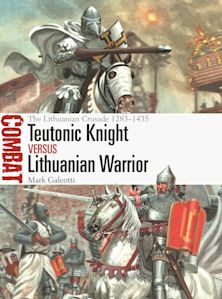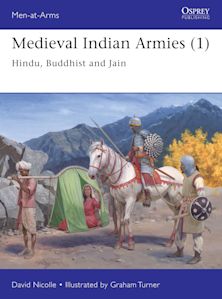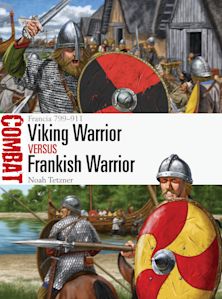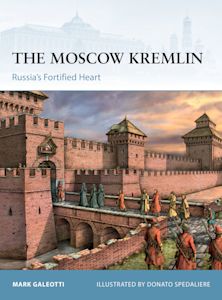- Home
- OSPREY PUBLISHING
- Period
- Medieval Warfare
- The Second Crusade 1148
The Second Crusade 1148
Disaster outside Damascus
The Second Crusade 1148
Disaster outside Damascus
You must sign in to add this item to your wishlist. Please sign in or create an account
Description
After the fall of the crusader kingdom of Edessa, the Pope called for a new crusade in 1145. This new campaign by the Christian west against the forces of eastern Islam would culminate in the 1148 siege of Damascus, then the capital city of an Islamic state that had been friendly towards the crusaders. Despite the earlier successes for the crusaders at Antioch and Jerusalem, and the weak fortifications around Damascus, the siege proved a dismal and embarrassing failure for the western armies. The siege was abandoned soon after it had started and the crusaders retreated. This defeat shocked the Christian world and dealt a severe blow to the confidence of the crusading armies, while bolstering the morale of their enemies.
Utilizing numerous illustrations and full-color artwork, medieval warfare expert David Nicolle analyzes the often-debated battles around Damascus, explaining how the domination of the surrounding countryside by the Islamic forces became the decisive factor, and how the besieging crusading forces found themselves under siege. He also looks at the crusade in the larger context of the battle between East and West and explains how the Second Crusade proved a turning point in this ongoing struggle.
Table of Contents
Chronology
Opposing commanders
Opposing forces
Opposing plans
The campaign
Aftermath
The battlefields today
Further reading
Index
Product details
| Published | Jan 20 2009 |
|---|---|
| Format | Paperback |
| Edition | 1st |
| Extent | 96 |
| ISBN | 9781846033544 |
| Imprint | Osprey Publishing |
| Illustrations | 40 b/w; 50 col |
| Dimensions | 248 x 184 mm |
| Series | Campaign |
| Short code | CAM 204 |
| Publisher | Bloomsbury Publishing |
About the contributors
Reviews
-
Nicolle, a scholar in medieval and Islamic warfare, has brought his extensive knowledge to his latest book. The book is divided into several headings: Opposing Commanders, Opposing Forces, Opposing Plans, The Campaign, and Aftermath. He provides a balanced narrative of what went right and wrong for the opposing forces. Interspersed throughout the book are a number of photographs and color illustrations. The illustrations are by Christa Hook. Three of the illustrations are two-page ones that portray key events that occurred during the campaign. In addition, there are several maps included that show the land route that the Crusaders took on their way to the Holy Land and the battle. The battle maps help you understand how the different skirmishes related to the siege of Damascus. This book is a fine companion to the other two volumes published by Osprey that highlight the First and Third Crusades.
Jeff Grim, www.collectedmiscellany.com
-
David Nicholle has been the author of a number of books from this time period and is highly qualified to tell the story of this campaign, pulling the reader into the prose. Like other books in the Campaign series, there is a look at the opposing commanders and their troops. The plans of both sides are also scrutinized as well as a look at how the battles unfolded. This is followed by a section on how this affected future events and a look at the battlefields today. The superb illustrations and maps of Christa Hook further enhance the story along with photos of the various sites as they are today, period illustrations and artifacts. The 3-D maps in particular help give a sense of the flow of the various battles. It is a great book, especially for the student of the period and show that overconfidence is as much an enemy as are spears and arrows.
Scott Van Aken, modelingmadness.com (March 2009)

Resources
Discover More
Visit our exclusive member's website to see artwork, maps, and more from this book.

Resources
Book Vote
Tell us what titles you would like to see published by Osprey, then vote for your favourites in our monthly book vote!










